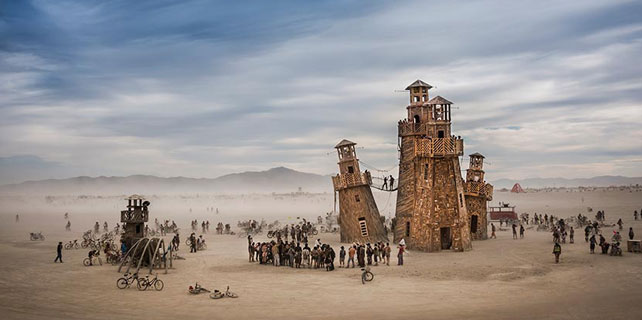PNG orders hundreds to leave refugee camp
CANBERRA, Australia - Papua New Guinea authorities on Thursday ratcheted up pressure on more than 300 asylum-seekers to abandon a decommissioned immigration camp, where refugees reported their shelters, beds and other belongings have been destroyed.
Police Chief Superintendent Dominic Kakas said 50 police and immigration officials entered the Manus Island camp on Thursday and persuaded 35 of the 378 men there to leave for alterative accommodation in the nearby town of Lorengau.
Shen Narayanasamy, a human rights campaigner for the activist group GetUp!, estimated 40 men left Manus by bus and some of those reported being forced to leave.
Water, power and food supplies ended when the Manus camp officially closed on Oct 31, based on the Papua New Guinea Supreme Court's ruling last year that Australia's policy of housing asylum-seekers there was unconstitutional.
But asylum-seekers fear for their safety in Lorengau because of threats from local residents.
Kakas said force would not be used to empty the squalid Manus Island camp.
"There's no raid. It's an ongoing negotiation with the refugees," Kakas said. "It's not an eviction exercise. We're telling them to move because there's water, food and proper shelter on the other side."
Kakas denied reports from within the camp that authorities burned and destroyed asylum-seekers' property in an effort to persuade them to leave.
Australian Immigration and Border Protection Minister Peter Dutton revealed in a radio interview the police operation in the camp.
"There is an operation involving police at the center this morning. It's like the tenant that won't move out of the house when you've built a new house for them to move into," he said.
Authorities have previously made conditions tougher in the camp by emptying drinking water tanks and removing shelters. Deadlines to abandon the camp have passed without authorities taking action.
Australia pays Papua New Guinea, its nearest neighbor, and the tiny Pacific nation of Nauru to hold thousands of asylum-seekers from Africa, the Middle East and Asia who have attempted to reach Australian shores by boat since mid-2013.
Ap - Reuters


















